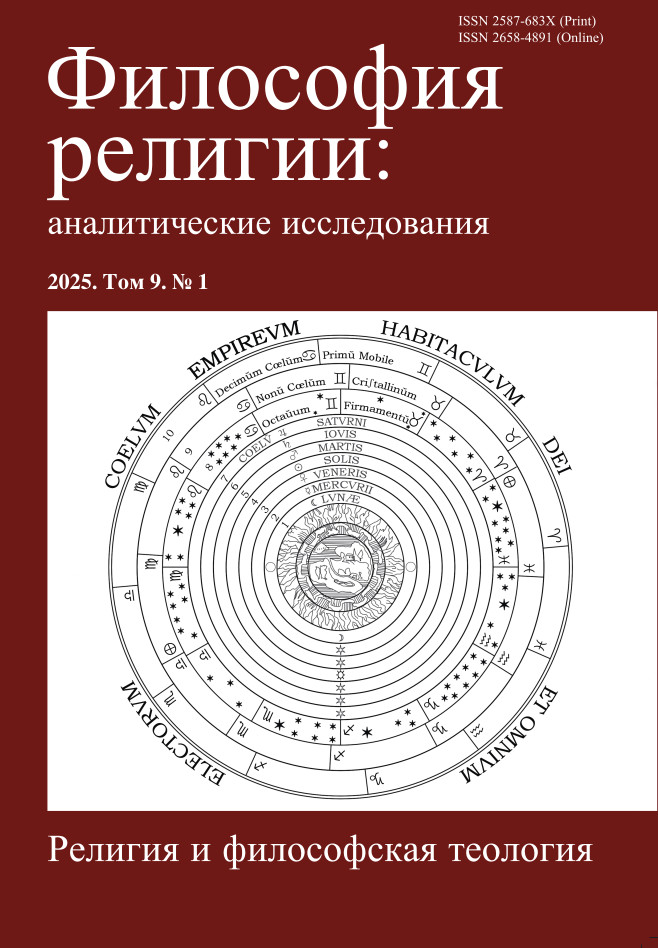God and Nature in Spinoza’s Metaphysics
DOI:
https://doi.org/10.21146/Keywords:
Spinoza, naturalism, God, universe, Platonism, collision of naturalism and Platonism, metaphysics, naturalistic project, constructive principle, irrational scenario, force, powerAbstract
Owing to the central role of the concept of nature in Spinoza’s philosophical framework, his thought is often characterised as ‘naturalism.’ The primacy of the natural element in his system leads to the identification of God with nature, whereby God is almost entirely subsumed within a naturalistic model of the universe. Spinoza conceptualises nature as a unified domain governed by universal laws applicable to all entities. Within this framework, four methodological principles – or operators for constructing the world-system – are identified as essential to his naturalistic paradigm: the geometrical, logical, causal, and metaphysical. These principles are not merely tools for constructing a system of rigorous proofs but also reflect the objective order of nature as articulated in his Ethics. This conception of the universe, which has profound historical antecedents and is echoed in various religious and philosophical traditions, stands in contrast to the equally influential Platonic tradition. Platonism posits a hierarchical structure of existence, characterised by distinct orders of reality and corresponding laws specific to each stratum. At the same time, Platonic metaphysics incorporates elements that align it with both theistic and pantheistic conceptions of reality, which have significantly influenced the nature of Spinoza’s pantheism. The author highlights the tension between naturalism and Platonism within Spinoza’s doctrine. The naturalistic framework encounters significant challenges in explaining the genesis of the modal sphere, as the metaphysical assumptions of Platonism hinder the consistent realisation of Spinoza’s foundational naturalistic project. The resulting contradictions between these two constructive principles are mediated through the intervention of God’s power (vis) and might (potentia), which serve to reconcile irrational discontinuities within the order of being. Thus, Spinoza’s system navigates the interplay between naturalistic and Platonic influences, ultimately relying on the divine to resolve inherent tensions within his philosophical architecture.

 This work is licensed under a
This work is licensed under a 
